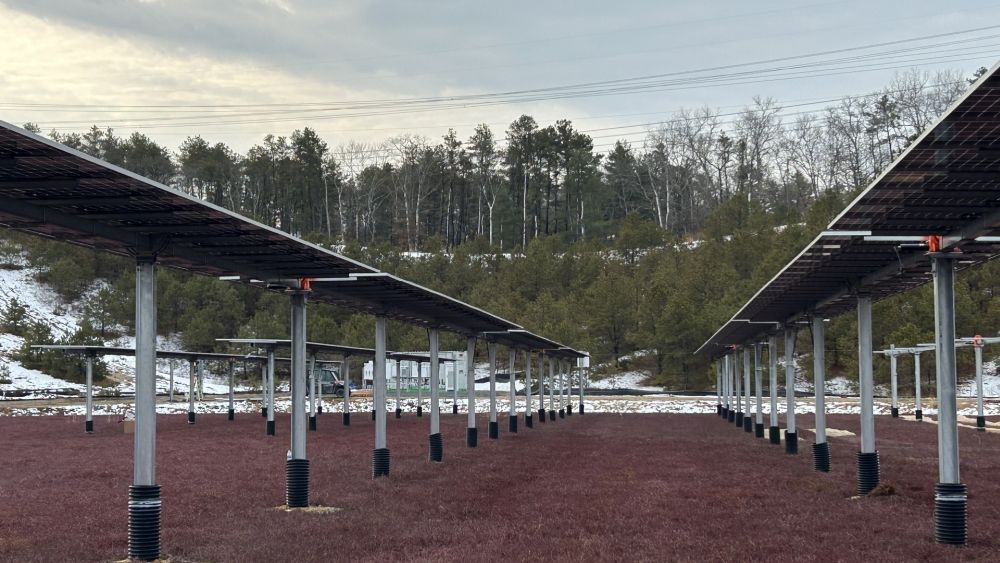Sent out a few minutes ago from the DOE, this is from Secretary Steven Chu’s testimony this morning before the United States House of Representatives’ Subcommittee on Energy and Water Development (part of the House Committee on Appropriations):
“[T]he Department of Energy has sent two experts to Japan to provide advice and technical assistance. One is an emergency response representative deployed as part of the U.S. Agency for International Development Disaster Assistance Response Team, and the other is a nuclear engineer with Japanese language skills.
“We are positioning Consequence Management Response Teams at U.S. Consulates and military installations in Japan. These teams have the skills, expertise and equipment to help assess, survey, monitor and sample areas. They include smaller groups that could be sent out to gather technical information in the area.
“We have sent our Aerial Measuring System capability, including detectors and analytical equipment used to provide assessments of contamination on the ground.
“In total, the DOE team includes 34 people with more than 17,000 pounds of equipment.
“The Department is also monitoring activities through the DOE Nuclear Incident Team and is employing assets at its National Laboratories to provide ongoing predictive atmospheric modeling capabilities based on a variety of scenarios.
“The American people should have full confidence that the United States has rigorous safety regulations in place to ensure that our nuclear power is generated safely and responsibly. Information is still coming in about the events unfolding in Japan, but the administration is committed to learning from Japan’s experience as we work to continue to strengthen America’s nuclear industry.
“Safety remains at the forefront of our effort to responsibly develop America’s energy resources, and we will continue to incorporate best practices and lessons learned into that process.
“To meet our energy needs, the administration believes we must rely on a diverse set of energy sources including renewables like wind and solar, natural gas, clean coal and nuclear power. We look forward to a continued dialogue with Congress on moving that agenda forward.”
AFP reports that when questioned, Chu said “we do plan for” the risk of tsunamis at facilities built near the ocean. It also reports that he pledged that the administration “is committed to learn from Japan’s experience” and stressed “whenever there’s an incident such as what’s happening in Japan, we have to pay very close attention to that, think very hard.”
CTT Categories
- Energy


